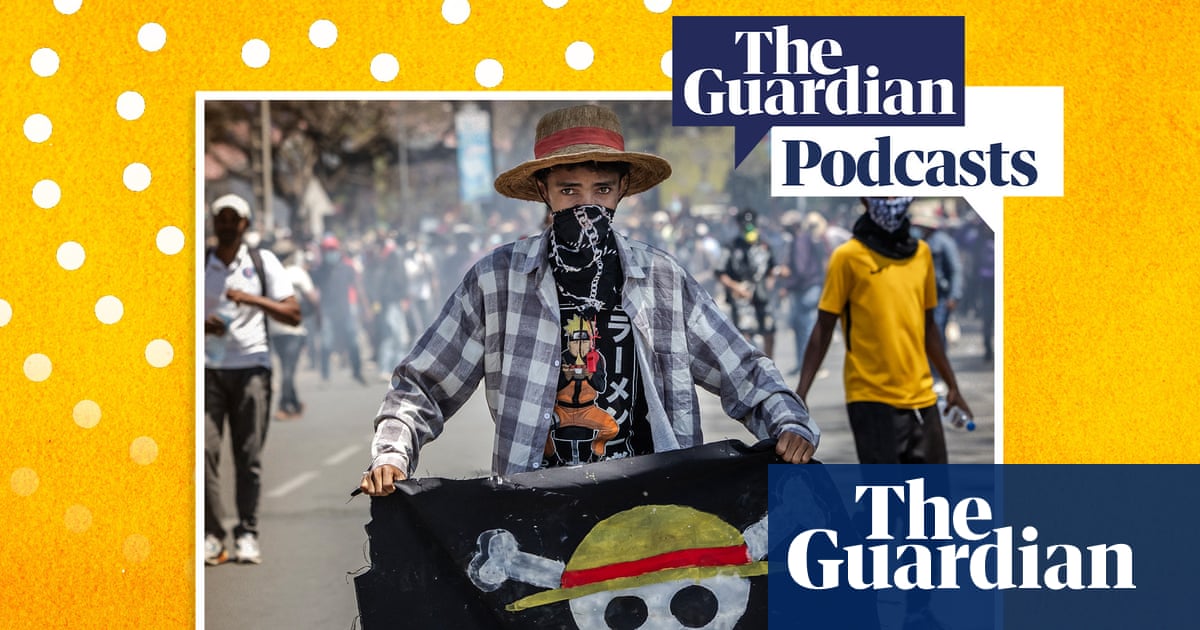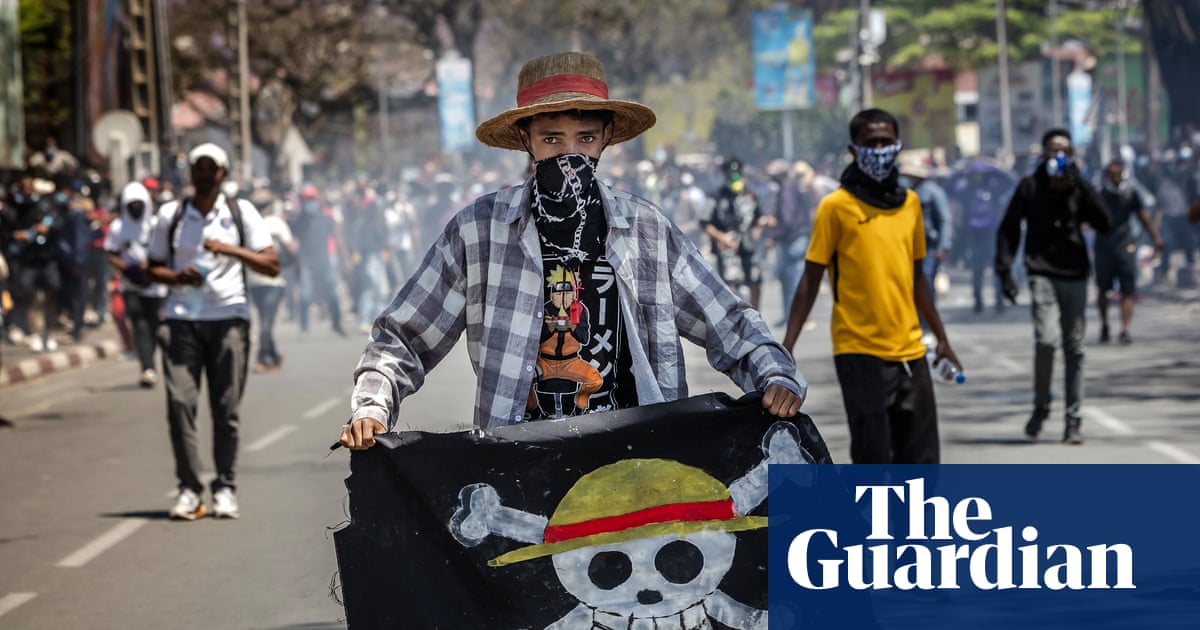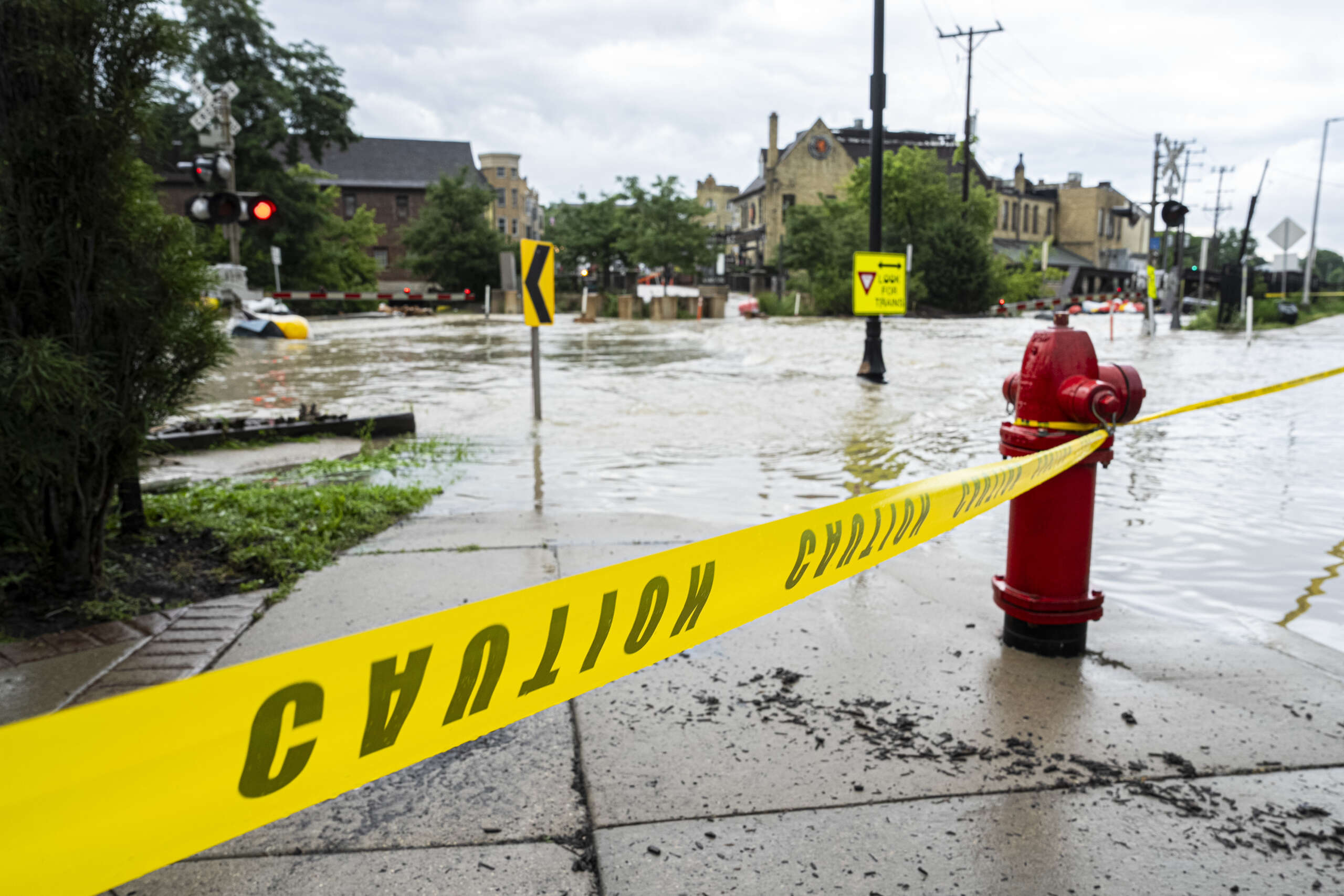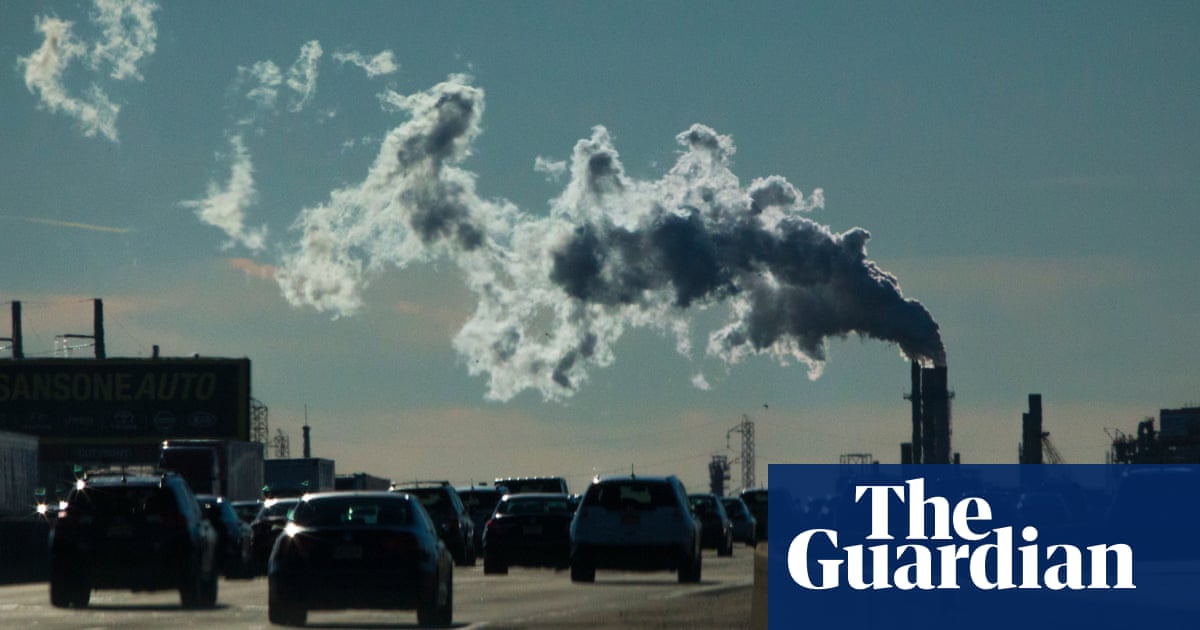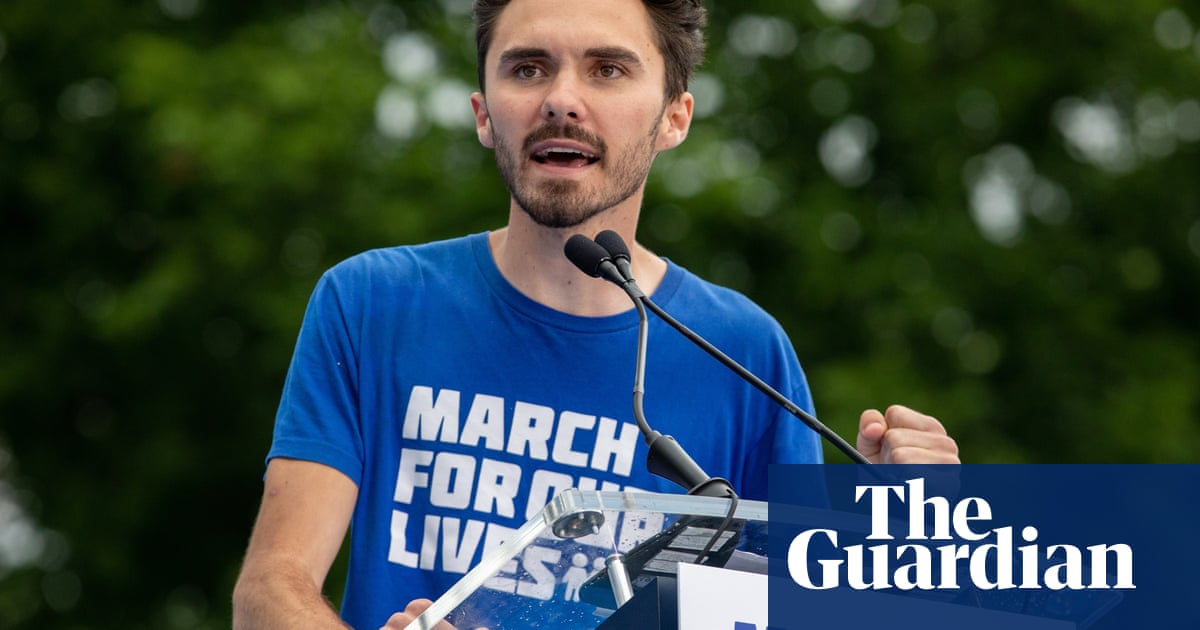fromwww.theguardian.com
22 hours agoNepal's gen-Z election: can popular former rapper Balen topple a veteran political heavyweight?
He could have accepted an unelected position of power after the protests but instead he chose the democratic path. He wants to defeat corrupt leaders through the ballot box so that both leaders and voters change their mindset.
World politics




